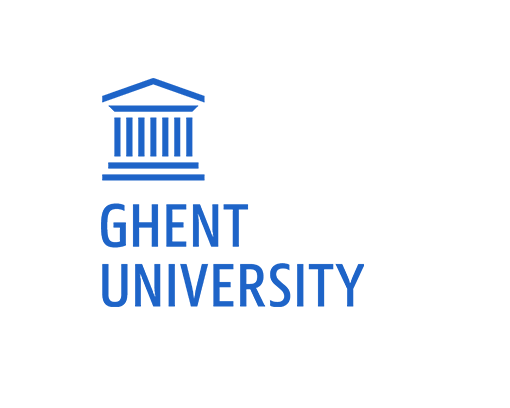Social impact and impoverishment risks of the Koga irrigation scheme, Blue Nile basin, Ethiopia
- Irit Eguavoen (Center for Development Research, University of Bonn, Bonn, Germany)
- Weyni Tesfai (Universität zu Köln, Köln, Germany)
Abstract
The Koga project is the first new large-scale irrigation scheme in the Blue Nile river basin since the 1970s and may thus serve as an example of the tremendous changes of landscape and livelihood that are accompanying current water development projects in Ethiopia. This article analyzes the impoverishment risks arising out of the development-induced relocation of households in Koga. Following the Impoverishment Risk and Reconstruction model, seven of eight impoverish- ment risks could be identified, namely temporal landlessness, homelessness, joblessness, social marginalization, loss of household assets, social disarticulation and food insecurity, though the majority of relocated households succeeded in moving to other rural areas and did not face the challenges caused by urbanization. The Koga project and the local municipality undertook activities to reverse the impoverishment risk for the relocated households, but focused on the recon- struction of material livelihood assets (land, houses and compensation). The extent of rural-urban migration as a result of the project was underestimated. Proactive activities by the affected households succeeded in reducing their risk of impoverishment if they were informed early enough about the irrigation project.
Key words: development-induced displacement, impoverishment risk, irrigation, Ethiopia
How to Cite:
Eguavoen, I. & Tesfai, W., (2012) “Social impact and impoverishment risks of the Koga irrigation scheme, Blue Nile basin, Ethiopia”, Afrika Focus 25(1). doi: https://doi.org/10.21825/af.v25i1.4962
Downloads:
Download PDF
View
PDF
